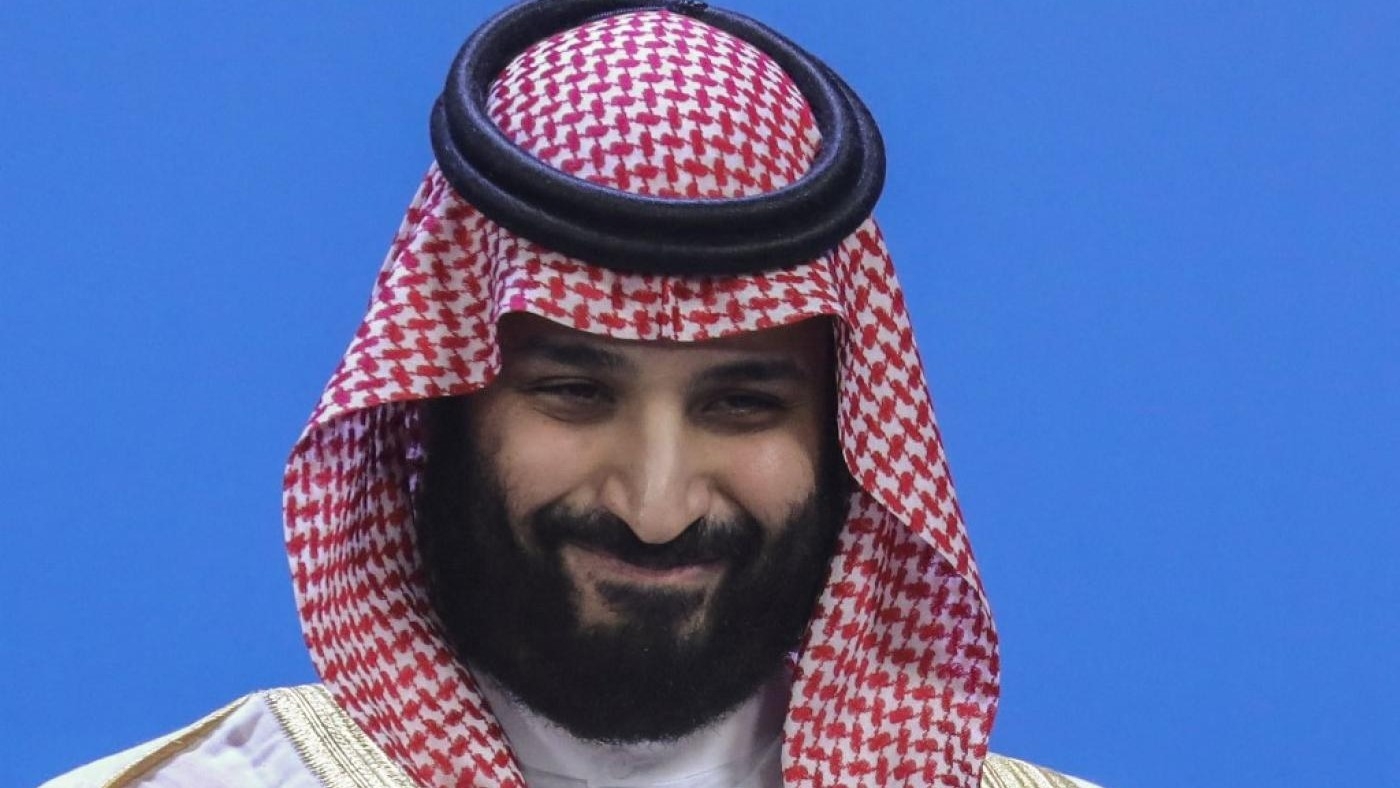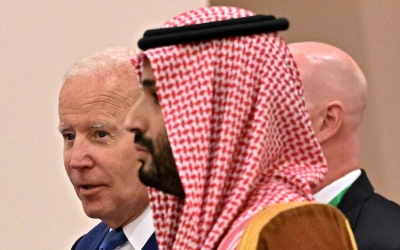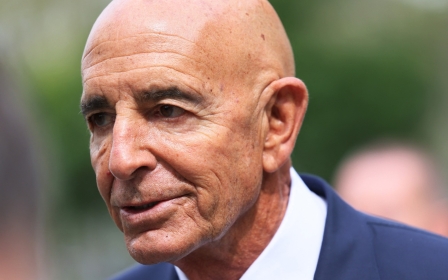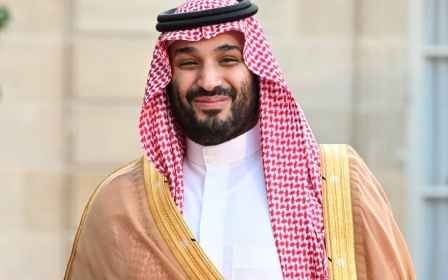US: Lawyer accuses Saudi crown prince of attempting to 'manipulate' court system

A lawyer for Hatice Cengiz has accused Saudi Crown Prince Mohammed bin Salman of attempting to "manipulate" the US court system, after the administration of US President Joe Biden declared in recent documentation that the Saudi royal should be given immunity in a lawsuit accusing him of the murder of Jamal Khashoggi.
In a 10-page legal filing, lawyer Keith Harper, who represents both Cengiz, a writer and Khashoggi's fiancee, and Democracy for the Arab World Now (Dawn), urged the court to reject the Biden administration's suggestion.
"In this rarest of cases, the court should decline to shield MBS for his ordering of the murder of US-resident Jamal Khashoggi," the filing said, first reported by The Guardian.
The lawyer said while it was customary for courts to defer to the executive branch on judgments of whether foreign leaders should be given diplomatic immunity, this case was unique because Riyadh engaged in an unprecedented legal move to name the crown prince the country's prime minister.
Harper said the move had no precedent "in the history of international law".
New MEE newsletter: Jerusalem Dispatch
Sign up to get the latest insights and analysis on Israel-Palestine, alongside Turkey Unpacked and other MEE newsletters

Khashoggi was murdered in the Saudi consulate in Istanbul on 2 October 2018, in an operation that both Turkish intelligence and the CIA have said was sanctioned by the crown prince.
Cengiz and Dawn sued the crown prince and his associates in 2020, accusing him of conspiring to kidnap, torture and murder Khashoggi.
In June, the district court invited the US government to give its own opinion about whether the crown prince deserved to be treated as a head of state, which in most cases would lead to the dismissal of his name from the case.
In its filing on the matter in late October, the Biden administration cited the decision by Saudi Arabia's King Salman to appoint his son prime minister as grounds for Mohammed bin Salman to be given immunity.
The appointment of Mohammed bin Salman as prime minister is a rare move in Saudi history, as the post is traditionally held by the king. The move was announced just days before an earlier court-appointed deadline for the Biden administration to offer its opinion.
Some human rights activists viewed the move as an attempt by the Saudi government to manipulate the court system in favour of giving the crown prince immunity in the US.
The parties are due to meet for a hearing on 9 December in Washington.
On Tuesday, Mohammed bin Salman's lawyer argued the case was all but closed, and that the Biden administration had effectively divested the court of its jurisdiction.
However, Dawn's executive director Sarah Leah Whitson previously told Middle East Eye that while the Saudi crown prince's removal from the lawsuit would be a blow to directly holding him accountable for the killing, the legal battle was far from over.
There are still 20 other co-defendants in the case, including Saud al-Qahtani, a top confidante and senior adviser to Mohammed bin Salman.
The defendants filed a motion to dismiss the lawsuit last year, and the court has yet to rule on this. If the court rejects the motion and allows the case to proceed, it would then move to the discovery phase, which would allow Dawn to request answers, evidence, and even the deposition of the Saudi officials named in the suit.
If that happens, it "means that the truth of the evidence about Mohammed bin Salman's personal role in the murder of Khashoggi will continue to come out and this lawsuit will continue to be a thorn in Mohammed bin Salman's side", Whitson said.
"They can choose to not cooperate with the court, but that would be a pretty embarrassing look for Saudi Arabia."
Middle East Eye delivers independent and unrivalled coverage and analysis of the Middle East, North Africa and beyond. To learn more about republishing this content and the associated fees, please fill out this form. More about MEE can be found here.




